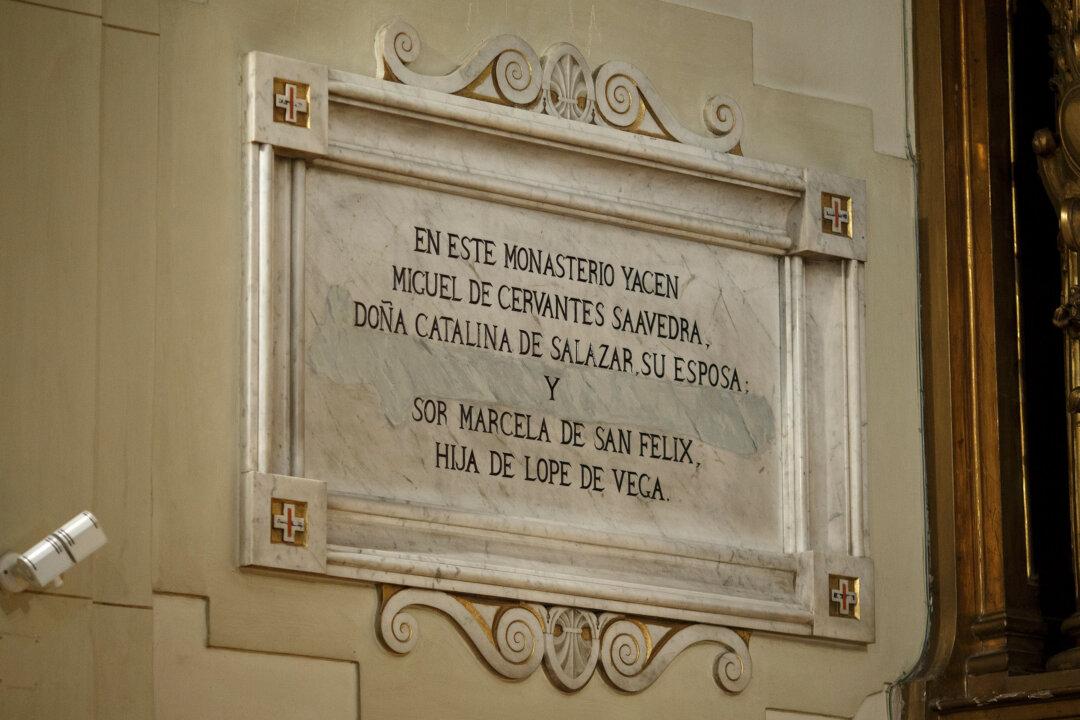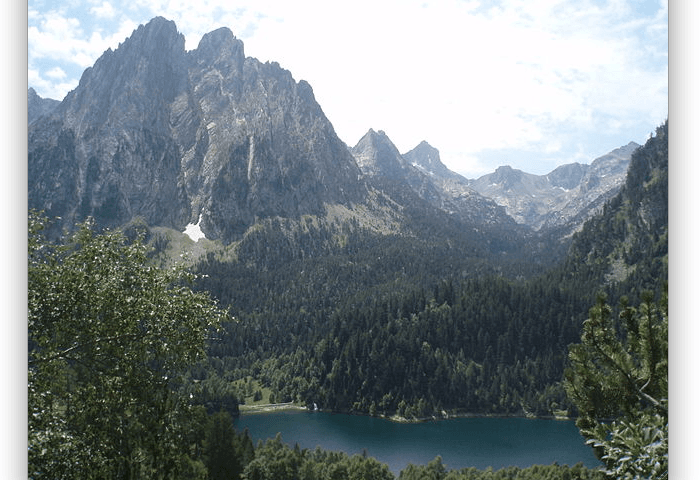MADRID—The Spanish Congress passed the ’Act to the revised text of the Copyright Act to be Amended‘ , as well as the Senate Amendments which will be ratified on Jan. 1, 2015, except for some sections and articles that will be ratified two months to one year after the publication of the text in the State Official Gazette (BOE).
The text was ratified with 172 votes in favor, 144 against, and 3 abstentions, and will be published in BOE shortly.
The measures of the new law are grouped into three blocks: 1) Private copying system, 2) mechanisms to oversee the “managing entities” of intellectual property rights, and 3) sanctions, defined as “strengthening instruments to react against the violations of rights, allowing the momentum of the legal offer in the digital environment.”
The Congress stressed that “compensation for private copying is being paid by the State General Budget since Jan. 1, 2012. For the government, it is urgent to make some legal adjustments. So, reproductions for professional or business use, and reproductions from physical instruments that are not owned by the user are being excluded from the limit of private copy.”
It also explained that not only databases and computer programs are excluded from this limit, but also those works that have been made available to the public on agreed contractual terms, in such a way that anyone can access them in a chosen place and time.
Regarding orphan works, the Congress noted that the law will allow citizens’ access to them, once they are digitized by cultural institutions, ensuring their non-profit use.
The text also included the amendment according to the rules of reviews made by electronic services. It is necessary to have an authorization available to the public by third parties, of any image, photographic work, or photograph, published in regular publications or periodical update websites.
Sanctions
One of the highlighted aspects are the measures that will work with the management bodies of content. In this regard “a picture of penalties set by the breach of their legal obligations is established, and areas of executive responsibility for the administration and the autonomous communities are accurately delimited.”
With regard to online publications, “the text establishes a judicial mechanism to prosecute the violation of intellectual property rights, providing section II of the Commission on Intellectual Property of reaction mechanisms to the violations committed by web portals which don’t voluntarily comply with the removal of content requirements to be notified.”
The modification in the first paragraph of Article 158 sorts the breach of content removal requirements in certain circumstances as a very serious infraction. Severe penalties, which were punishable by a fine ranging from 30,000 to 300,000 euros, are now classified as very serious, imposing fines ranging from 150,001 to 600,000 euros.
Objections
During this year in which the legal proposal was processed by the Spanish government, numerous amendments denouncing monopoly by managing entities, and the loss of the “creative commons system” were proposed.
In order to justify the urgency of modifying the law instead of making a new one, the Congress stated that the activities related to intellectual property generate nearly four per cent of the Spanish gross domestic product, and that today “there are problems whose solution cannot wait for the approval of a comprehensive new Copyright Act.”




